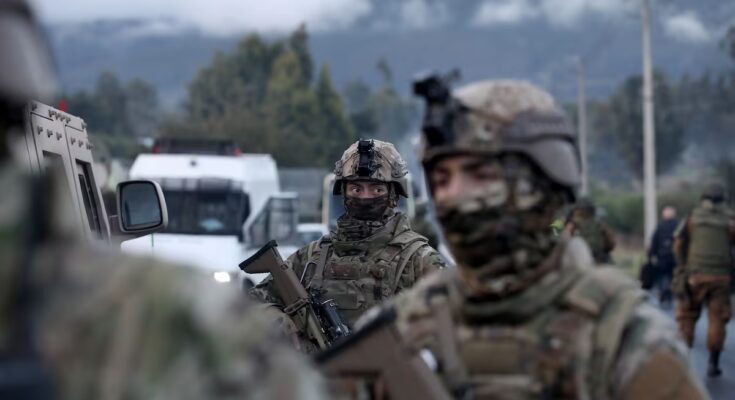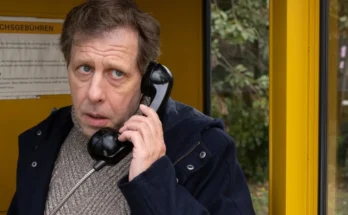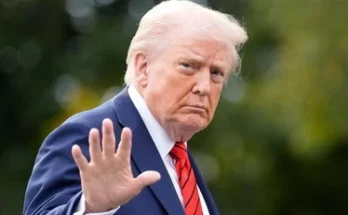The seed of fear, long carefully cultivated in the gardens of politics, has finally sprouted, transforming fear into a daily horizon. From 2021 onwards, citizen concern about crime, robberies and assaults has been firmly placed at the top of the public agenda; perception that has remained unchanged during this presidential mandate that is about to end. This feeling of vulnerability ended up leading to something very predictable, fear. This is not an exaggeration, just look at how the public debate behaved on the eve of the presidential elections. Candidates may talk about growth, pensions, mental health, science or culture, but nothing moves the emotional needle more than promises of order, security and stability. It is a predictable response to uncertainty, in which the country turns towards hard certainties, even if these are, strictly speaking, more symbolic promises than decisive ones.
Thus, for years, citizens have lived in a state that we could define as “permanent moderate alert“, the feeling that, even if everything seems relatively controlled, there is always the possibility that the word will move. That alarm, over time, transforms into an interpretative framework; that is, what happens is evaluated less by its results and more by its ability to offer a feeling of control. It is here that politics, especially that which comes from the right, has understood the spirit of the time better than any other political sector. Not because it invented fear, but because it has learned to translate it into tangible, concrete things. It has understood that Fear is, above all, a functional emotion that simplifies and prioritizes individuals’ reaction to threats.
It is no coincidence, therefore, that the central promise of opposition campaigns is the return to order, a promise that operates as a secular form of salvation, which probably does not solve all the problems of citizenship, but at least tries to contain them with concrete actions, so that it is easy to conclude that order is no longer a conservative desire, but rather a cultural consensus. After this presidential cycle, the country is looking for a more stable, less effervescent and more predictable narrative. A return to what “once worked” or what we believe worked, regardless of whether that memory is historical, selective or simply invented.
However, this desire for order coexists with a profound disaffection towards institutions. This is a contemporary paradox; On the one hand, people want more authority, but they distrust authorities. We need more State, but not necessarily democratic or participatory, but rather effective, rapid and practical. A “technical” state, which resolves, which contains, which protects. Classical politics understood as the construction of spaces for democratic deliberation, for the search for agreements, for negotiation, appears today as a luxury or a noise, a complete distraction for the precious objective of restoring at least the sense of order.
The new “UDP Democracy” poll, which will be published this week after the elections, shows the emergence of a pragmatic authoritarianismwhich is not expressed as a doctrinal rejection of democracy, but as a growing tolerance for exceptional solutions when it is perceived that the ordinary is not enough. What was previously seen as an intolerable step backwards, for example the renunciation of freedoms for security, today appears covered by common sense. But it would be unfair to attribute this emotional state exclusively to right-wing citizens or voters. Political emotions do not arise in a vacuum, they are produced, amplified and transmitted by a communication ecosystem that has long since stopped behaving like a system. The news is now consumed as content, as a stimulus, as a streaming episode. And in that ecosystem, fear has comparative advantages. It’s fast, it’s contagious, it’s simple. And, above all, it is profitable: in audience, in clicks, in speeches.
This Sunday, November 16, there will not be a plebiscite on fear, but on how to manage it. We don’t necessarily vote out of fear; but we vote from an emotional landscape in which fear plays a leading role. And this is not a flaw, it is rather a human condition. What is problematic, perhaps, is when the solution to fear becomes a public policy of a temporary and deceptive nature, and not a planned, organized, and regulated decision. Everything happens for the sake of order, which is our favorite form of stability, even if we then wonder why the landscape seems a little stiffer, more shapeless than before. Fear will continue to be there because it is part of our natural ecosystem, but perhaps the lesson of this moment for citizens is that, even in the midst of permanent fear, Chile continues to negotiate with its democracy like someone who negotiates with an old friend who you complain to, question, accuse of being inefficient, but still invite to the next meeting. After all, we all live in the same neighborhood.



